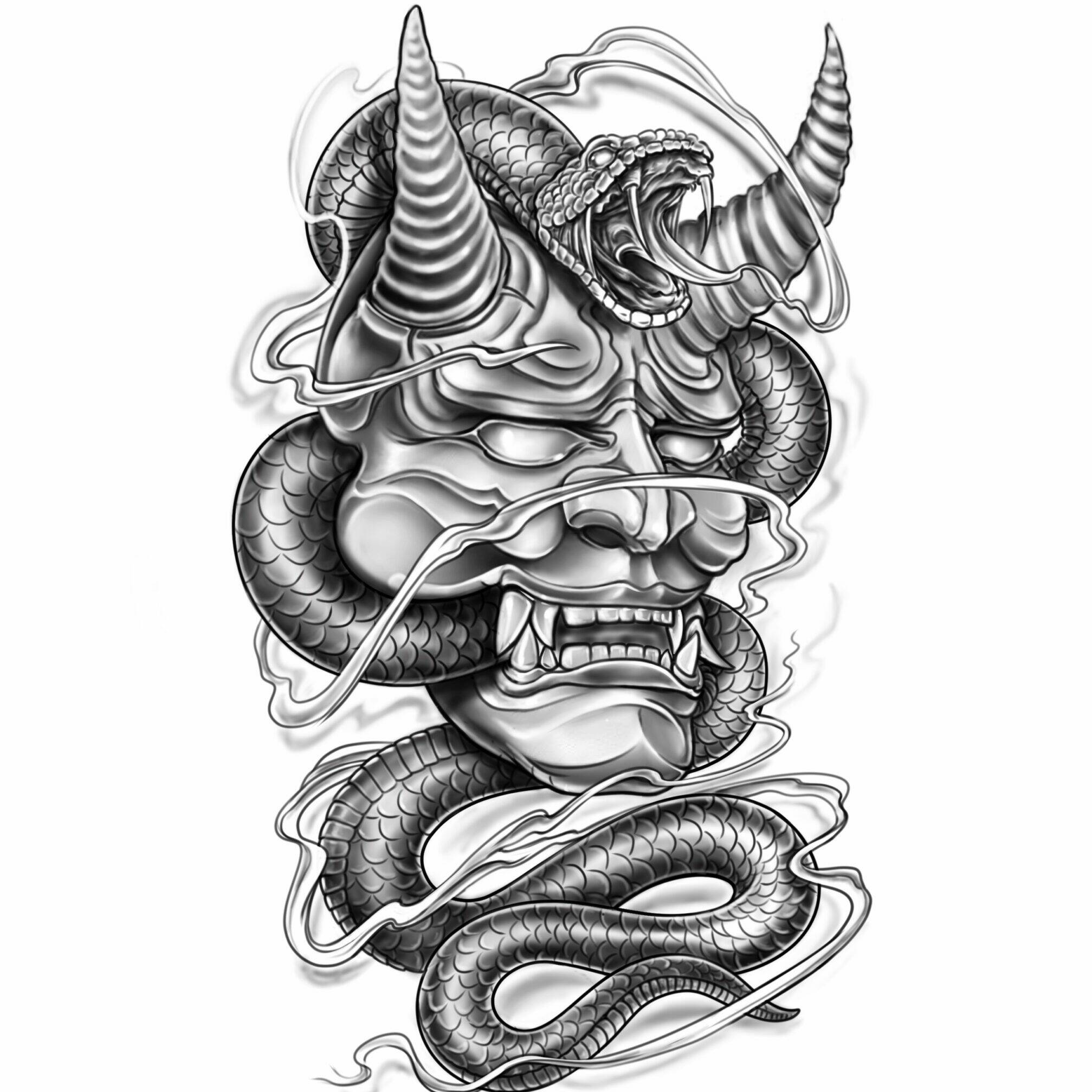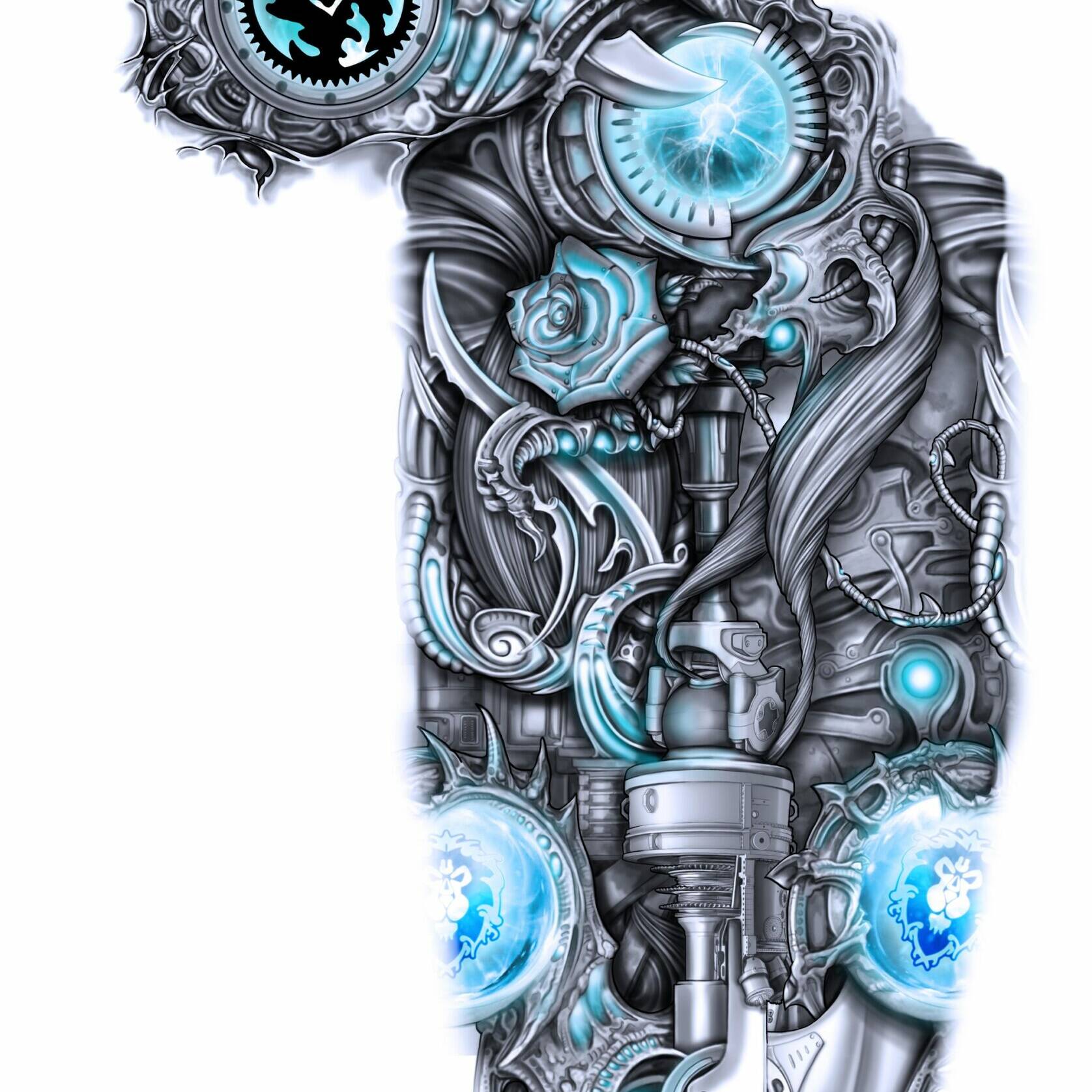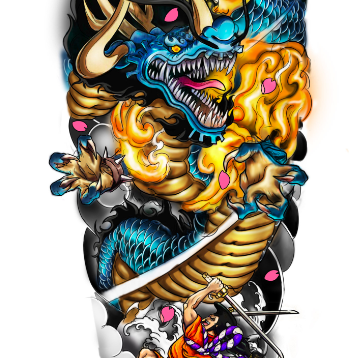Summer's Coming, Tattoo Fanatics!
Now is time for your perfectly tailored, custom tattoo design. Free quote in only 15 minutes!
Handcrafted Masterpieces, Tailored for Your Body!
Established in 2014, our team of professional designers boasts an impressive 98% completion rate over 10 years. We take pride in being the world’s highest-rated tattoo design company for an entire decade, creating over 36,000 designs worldwide. Our commitment to exquisite quality and impeccable service is evident, with more than 32,000 5-star reviews globally.
Remember, each design is 100% custom — hand-drawn to meet your exact specifications.
Bonus: Enjoy Unlimited Revisions! Simply sit back, let us know what changes you desire, and our Custom Viewing software makes it easy. You can draw on the sketch or make notes in seconds from your phone or anywhere in the world. We handle the rest, ensuring your complete satisfaction!


Craft the Perfect Tattoo Idea!
If you’ve meticulously planned your tattoo design, fantastic! We’re here to bring it to life just as you envision. But don’t worry if you only have fragments of an idea – that’s where our design team’s expertise shines. Just send us your design idea and highlight the ‘must-have’ elements. Give us a general theme, and we’ll handle the rest! With over a decade of experience in crafting the world’s best tattoo designs, we’ve got your back.
Pro Tip: Many people try to fit the ideas of four tattoos into one design. This can disrupt the flow and theme, leaving little room for creativity and leading to an unsatisfactory overall design. Even with a full sleeve, it’s best to focus on a few key elements and an overarching theme. This approach gives both the concept and the professional artist space to breathe and create something truly epic.
After going viral online, we've created incredible designs for superstars, including the renowned singer-songwriter Julie Black. Our expertise extends even to your favorite video games like NBA 2K and WWE wrestling. Next time you're creating your custom player, think of us for designs that truly stand out.
The Custom Tattoo Process
Custom Measurements
Every piece is meticulously crafted just for you. There’s nothing worse than walking into a tattoo shop with a cool design, only to be told it won’t fit your dream location. Or discovering your new sleeve design won’t wrap around your arm because “you’re huge, man!” (lol). To avoid these issues, our team will gather the correct proportions before starting your design. This ensures your tattoo fits your body and the desired location with precision.
Tattoo Stencil
Impress Your Tattoo Artist with Exceptional Preparation; There’s nothing like the feeling of confidence and pride. Imagine the look on your tattoo artist’s face when you present a stencil handcrafted for your body – they’ll be amazed! So, you’ve got a high-definition, custom-drawn, precisely measured design with its own stencil ready to go. What more could there be? Well, there’s more… Keep reading!
Note: It’s normal for your tattoo artist to make minor adjustments to the design to align with their personal style. This ensures they’re comfortable executing the design. That’s why it’s important to already appreciate their work before bringing in your finished designs.









